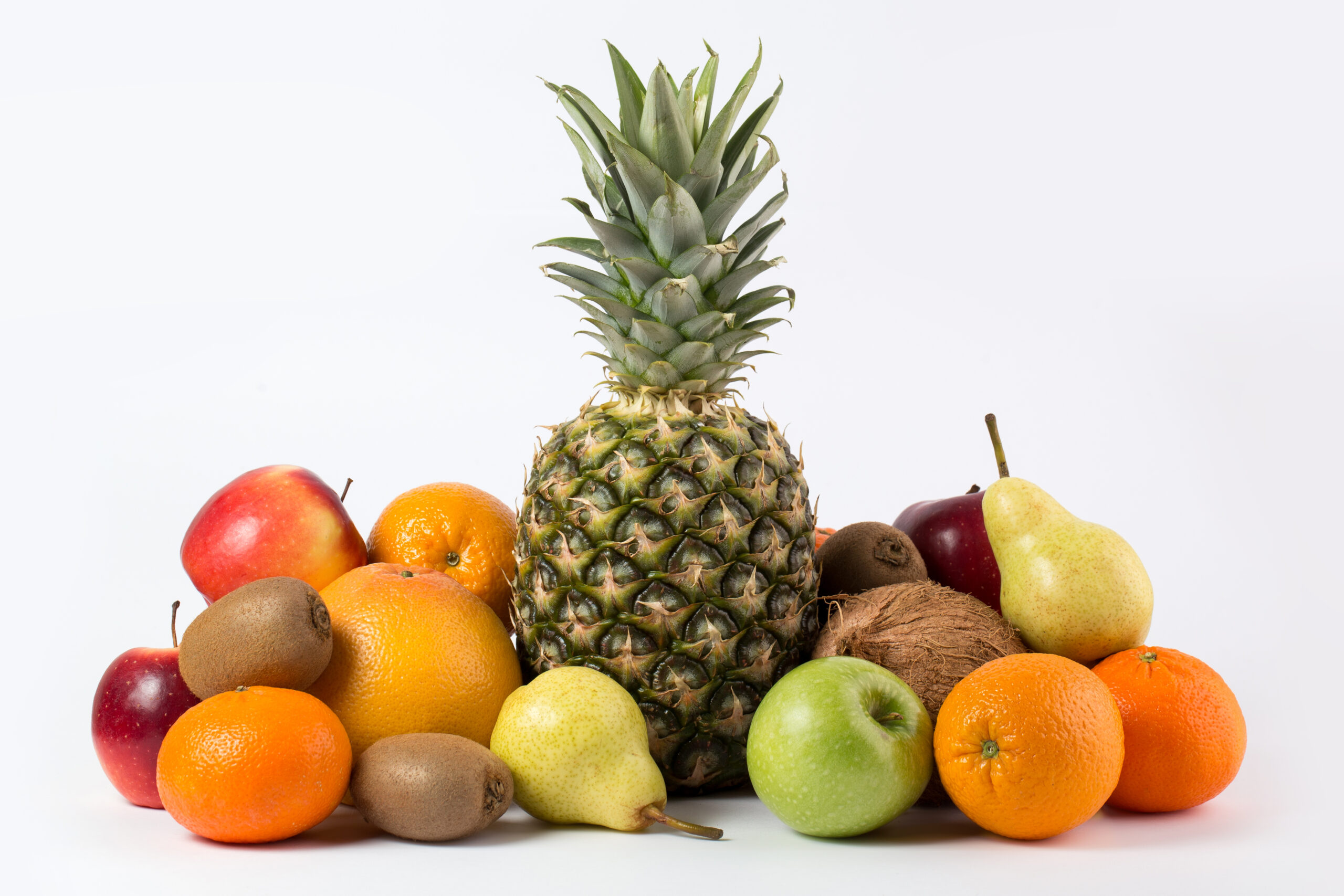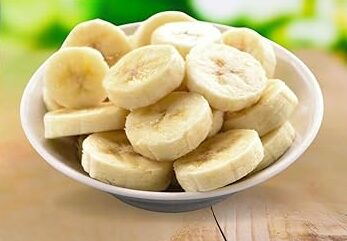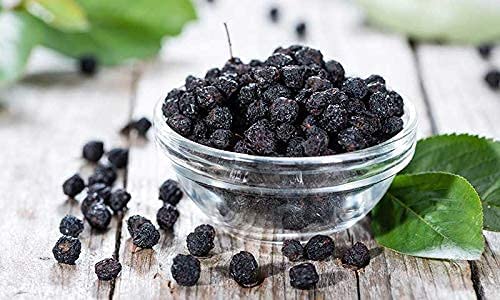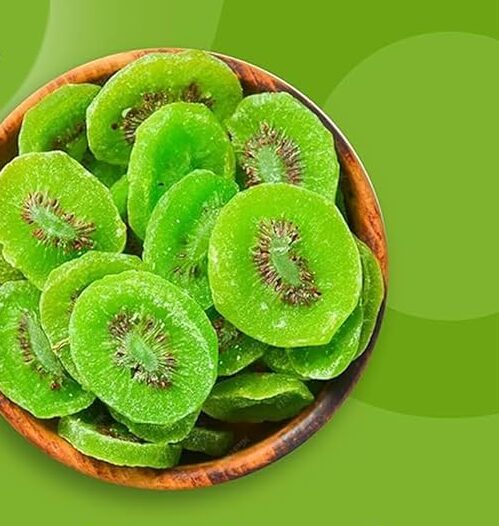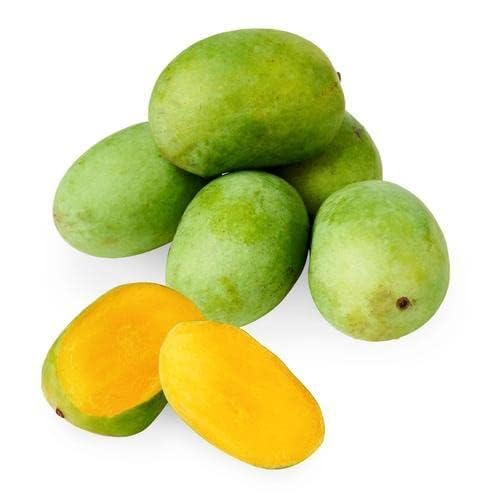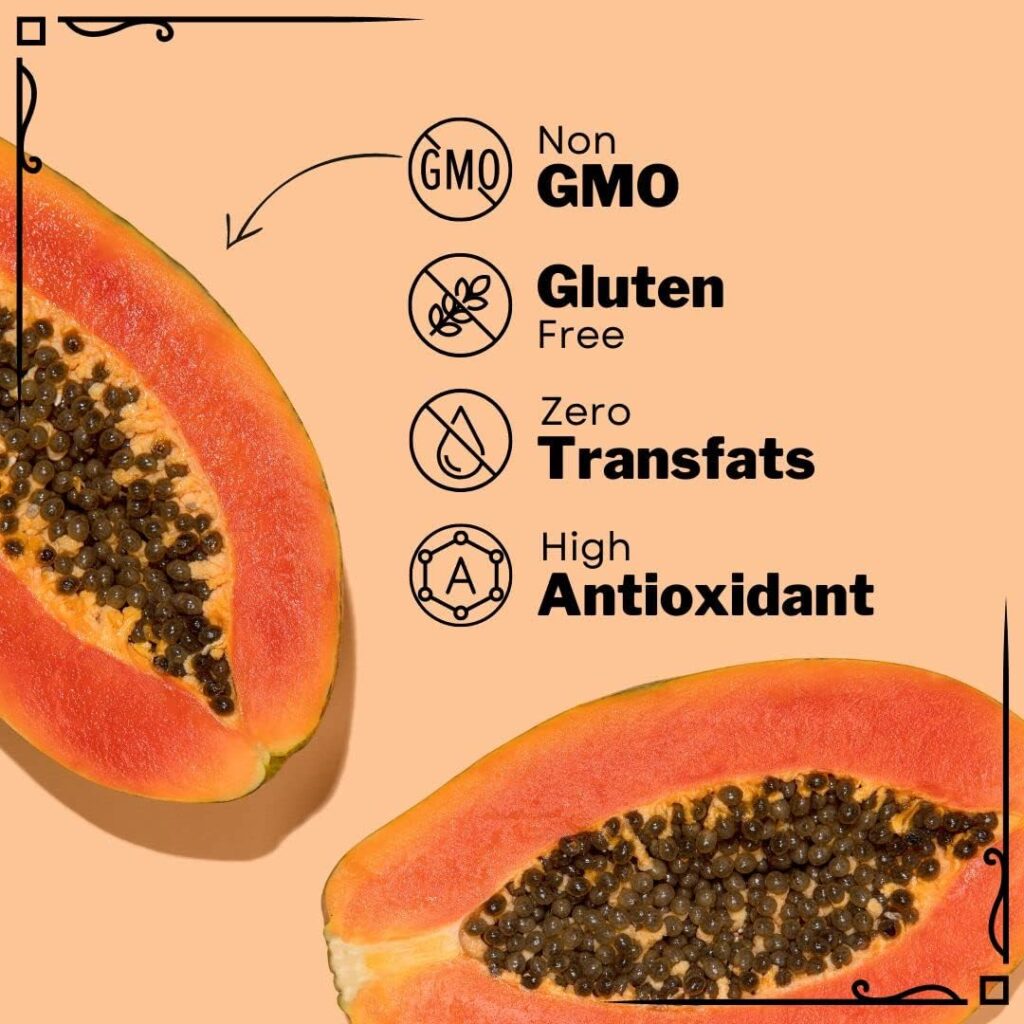Fruits are nature’s sweet gift to health and happiness. They are colorful, delicious, and rich in nutrients that your body loves. In every bite, you get vitamins, fiber, and hydration—all essential for feeling energized and staying fit.
Let’s begin by discovering the real advantages of fruits and how they contribute to your overall health every day.
Table of Contents
Importance of Foods
Eating food is more than satisfying hunger. It’s about supplying your body with the necessary nutrients it needs. Healthy foods, especially fruits, support energy levels, brain function, and physical growth.
Fruits stand out because they offer natural sugar, hydration, and a wide range of nutrients. They’re also portable, making them the perfect on-the-go snack.
Beyond convenience, fruits are incredibly healing. They fuel your cells, balance your body, and lift your mood. Consuming more fruits leads to better digestion, stronger immunity, and glowing skin.
Food is your body’s fuel. Without it, you feel tired, dull, and more likely to fall sick. When you include fresh fruits in your daily meals, you take a solid step toward overall wellness.
A fruit-rich diet supports children’s growth, adult vitality, and healthy aging. Truly, food is medicine, and fruits are the easiest remedy.
Also Read : Terrace Garden
Nutritional Components Commonly Found in Fruits
Vitamins and Minerals in Fruits
Many fruits are packed with vitamin C, which boosts your immune system. Oranges, strawberries, and kiwis are excellent sources. Vitamin A, found in mangoes and papayas, supports your eyesight and skin.
Potassium is a key mineral in bananas and avocados. It keeps your heart beating properly and your blood pressure steady. Magnesium in apples and pears supports muscle and nerve functions.
Fruits such as dates, figs, and citrus provide iron, calcium, and folate. These help build healthy blood and bones.
Fiber and Antioxidants
They’re also excellent sources of dietary fiber. Fiber helps digestion and promotes bowel regularity. It also keeps you full longer, which helps control weight.
Antioxidants in berries, grapes, and cherries protect your cells from damage. They help reduce inflammation and decrease the likelihood of developing various chronic conditions.
Antioxidants are especially important as you age. They help reduce signs of aging and protect brain health.
Also Read : 22 Body Heat Hacks
Role of Fruits in Disease Prevention and Health Promotion
These do more than just taste good. They protect you from diseases and support total health.
A fruit-filled diet helps lower the risk of stroke, heart disease, and certain cancers. This fiber, along with potassium and antioxidants, helps reduce inflammation and lowers the risk of several chronic illnesses.
For instance, eating apples and pears has been linked to improved heart health. Berries may reduce blood pressure and improve artery function.
Fruits also support weight management. Because they are low in calories but high in fiber, they help you feel full without overeating.
Even better, fruits can help regulate blood sugar. Whole fruits have natural sugars combined with fiber, which slows down digestion. This means they don’t cause sudden spikes in blood sugar like processed sweets do.
In children, fruits support growth and mental development. In adults, they increase energy and reduce stress. Older adults benefit from better memory and bone strength.
In summary, fruits are a tasty, natural way to protect your health and live longer.
Also Read : The Mirror
Role of Fruits in Disease Prevention and Health Promotion
1. Apples: The Classic Health Booster
Apples are rich in dietary fiber and vitamin C, making them excellent for heart health and digestion. Their antioxidant properties help combat free radicals, reducing the risk of chronic diseases. Regular consumption can aid in weight management and promote gut health.
Also Read : Fantastic Turmeric Uses (Haldi)
2. Bananas: Energy-Packed and Heart-Friendly
Bananas are an excellent source of potassium, which plays a key role in regulating healthy blood pressure. They provide quick energy, making them an ideal snack for active individuals. Additionally, their fiber content supports digestive health.
3. Blueberries: Antioxidant Powerhouses
Packed with antioxidants like anthocyanins, blueberries help protect the body against oxidative stress. They also support brain function, enhance memory, and lower the risk of heart disease. Including blueberries in your diet can enhance overall cognitive function.
4. Oranges: Immune System Enhancers
5. Strawberries: Vitamin-Rich and Heart-Healthy
6. Kiwis: Digestive Aids and Vitamin C Sources
Kiwis are rich in vitamin C and dietary fiber, aiding digestion and boosting the immune system. They contain actinidin, an enzyme that helps break down proteins, improving digestive efficiency. Kiwis also support respiratory health.
7. Pineapples: Anti-Inflammatory and Digestive Support
Pineapples are rich in bromelain, an enzyme that supports digestion and has anti-inflammatory properties. They are a great source of vitamin C and manganese. Eating pineapples regularly may help ease inflammation and support joint health.
8. Mangoes: Eye Health and Immune Support
Mangoes are high in vitamin A, which is vital for healthy eyesight. They also provide vitamin C and various antioxidants, supporting the immune system. Adding mangoes to your diet can enhance skin health and aid digestion.
9. Pomegranates: Heart Health and Antioxidant-Rich
Pomegranates are full of powerful antioxidants like punicalagins and anthocyanins that boost heart health. They help reduce blood pressure and cholesterol levels. Regular intake can improve memory and exercise performance.
10. Grapes: Brain Health and Antioxidant Benefits
11. Papayas: Digestive Health and Skin Glow
Papayas are rich in vitamin C, vitamin A, and the enzyme papain, which aids digestion. They help reduce inflammation and support skin health. Regular consumption can improve heart health and boost the immune system.
Also Read : Sofa Elegance
Frequently Asked Questions
Q1: How many servings of fruits should I eat daily?
It’s recommended to consume at least 2 servings of fruits per day to meet nutritional needs.
Q2: Can I eat fruits if I have diabetes?
Yes, but it’s important to opt for fruits with a low glycemic index and control portion sizes to manage blood sugar levels.
Q3: Are fruit juices as healthy as whole fruits?
Whole fruits are preferable as they contain fiber, which is often lost in fruit juices.
Q4: What's the best time to eat fruits?
These can be consumed at any time, but eating them on an empty stomach may aid better digestion.
Q5: Do fruits help in weight loss?
Yes, they are low in calories and high in fiber, making them beneficial for weight management.
Conclusion
Incorporating a variety of fruits into your daily diet is a delicious and effective way to enhance your overall health. From boosting immunity to supporting heart health, the benefits are vast and well-supported by nutritional science.
Also Read : Sleep Unbelievably Well

